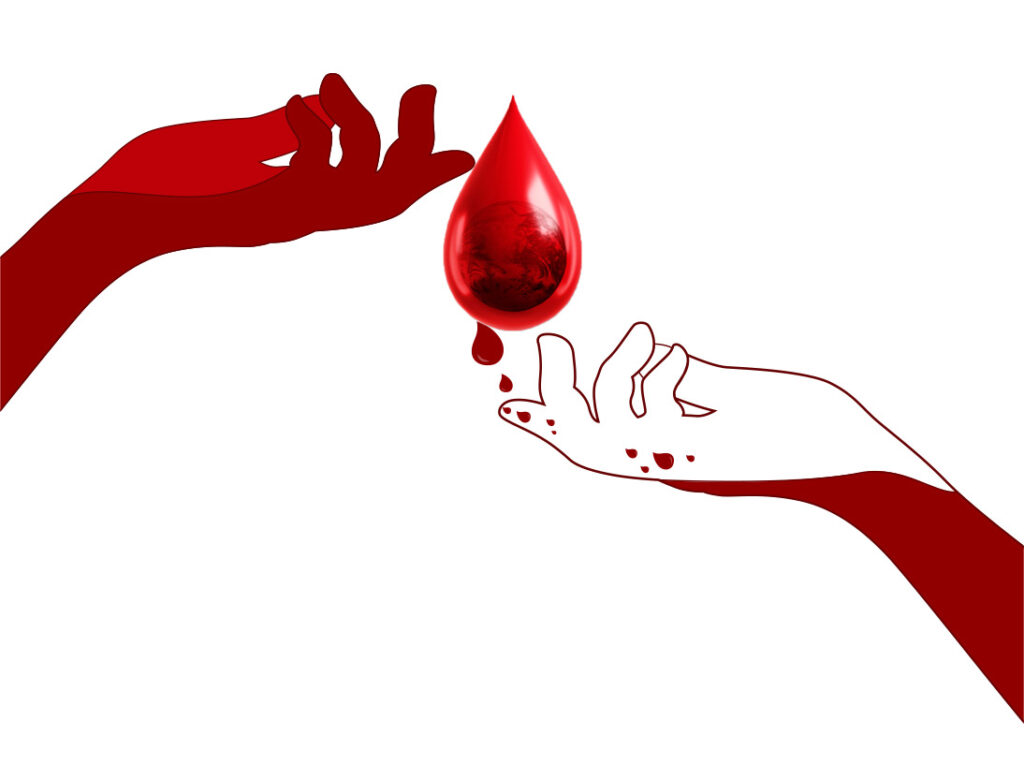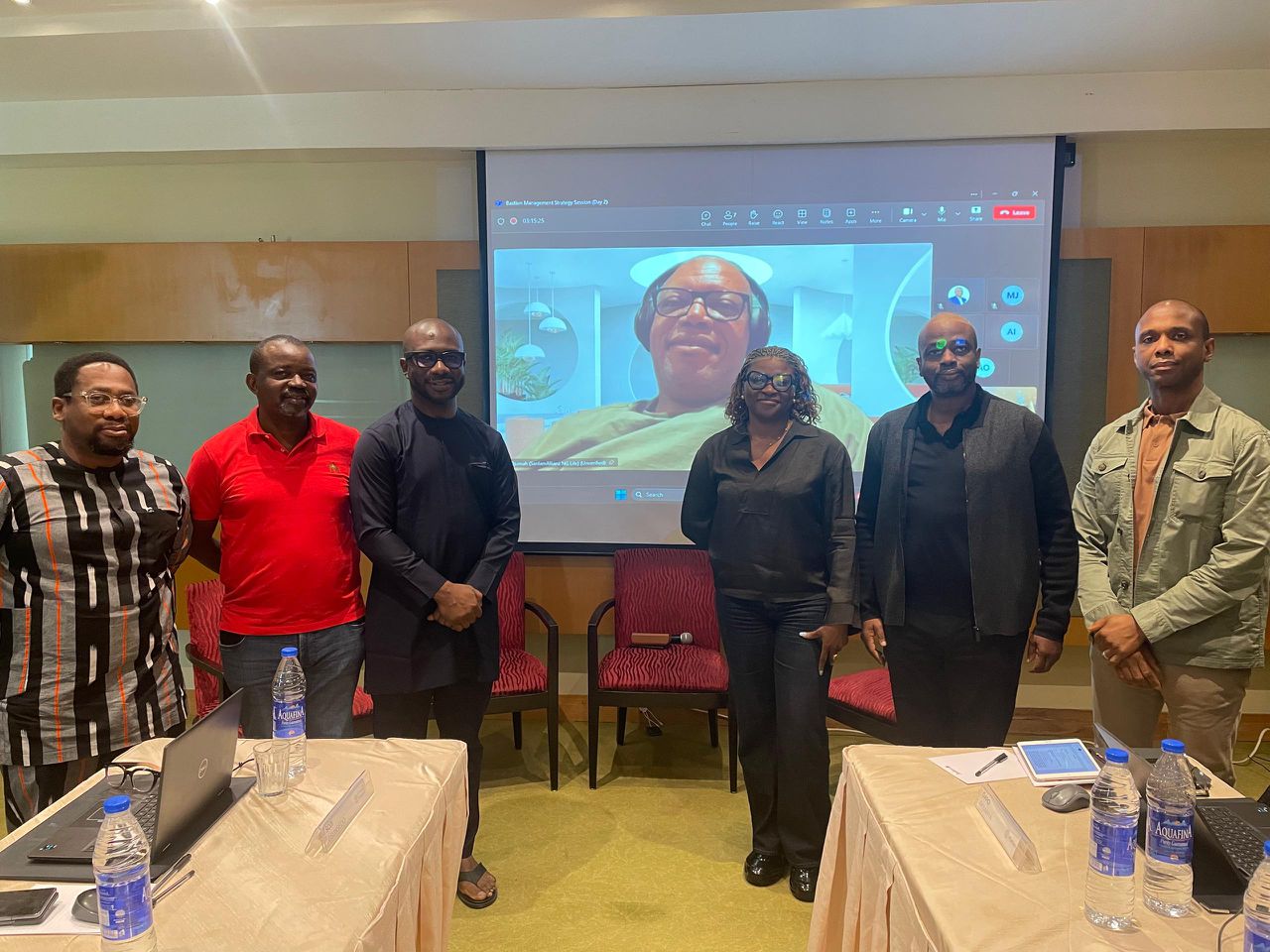Every year on June 14, the world observes World Blood Donor Day, an occasion to recognize the unsung heroes of modern medicine, voluntary blood donors. In 2025, as we mark 20 years of commemorating this global movement, the theme “Blood connects us all” resonates more deeply than ever.
The power of a single blood unit can change the trajectory of a life: a young woman surviving postpartum hemorrhage, a child with sickle cell crisis recovering after a transfusion, and a trauma patient stabilized in time, all made possible by the quiet, selfless act of donation.
Why Blood Donation Is Still a Lifesaving Imperative
In our part of the world, the need for blood is not theoretical; it is immediate, constant, and often unmet. Nigeria, like many nations across SSA, contends with high maternal mortality, widespread sickle cell disease, malaria-induced anemia in children, and an increasing burden of cancer and chronic illness. In all these scenarios, blood is the difference between life and death.
Yet, we face a chronic shortfall in supply. The World Health Organization reports that many low- and middle-income countries are still unable to meet blood demand through voluntary, unpaid donors, a gold standard for safety and sustainability. Too often, family members are rushed to donate in emergencies, creating a system that is reactive, unpredictable, and inherently risky.
A robust, well-regulated blood donation system is not just a medical necessity; it is a public health pillar.
Who Can Donate?
The criteria are simple, and the impact is profound.
If you’re between 18 and 65 years old, weigh at least 50 kg, and are in good health, you’re likely eligible. Every donation begins with a brief health screening, checking hemoglobin levels, blood pressure, and general well-being. The process is safe, standardized, and professionally monitored.
But more than eligibility, it’s the willingness to show up consistently that defines the true donor.
How to Prepare for Donation
Blood donation isn’t complicated, but preparation can enhance your experience and safety
- Eat iron-rich foods (like leafy greens, beans, or meat) in the days leading up to your appointment.
- Stay hydrated and avoid alcohol or fatty foods on the day of your donation.
- Get adequate rest and wear comfortable clothing that allows easy access to your arms.
After donating, rest, hydrate, and avoid strenuous activity for the rest of the day.
Your body will naturally replace the lost fluids and red blood cells within days.
The Power of Regular Donations
Blood has a short shelf life. Red cells last about 42 days, and platelets even less, just 5 days. This means that a constant, steady flow of donations is essential.
Regular donors help stabilize supply, allowing hospitals to respond swiftly to emergencies without delay. The more predictable the donations, the better the healthcare system can plan, stock, and save.
What You Can Do, Even Beyond Donation
Not everyone may be able to give blood. But everyone can play a role:
- Donate if you can. One unit of blood can save up to three lives.
- Educate others. Sometimes, all it takes is one conversation to inspire action.
- Support drives. Volunteer, coordinate, advocate. Every effort counts.
Final Word from the Frontlines
At Bastion HMO, we recognize that access to safe blood is more than a healthcare issue; it is a social justice issue, a public health necessity, and a moral responsibility.
To every blood donor in Nigeria and across the continent: thank you. You are the quiet force behind countless recoveries, reunions, and second chances. You do not just give blood; you give life, connection, and community.
Let this 20th anniversary of World Blood Donor Day remind us that the act of giving blood is not only generous, it is transformative. And in a region where every drop truly matters, that transformation begins with you.









